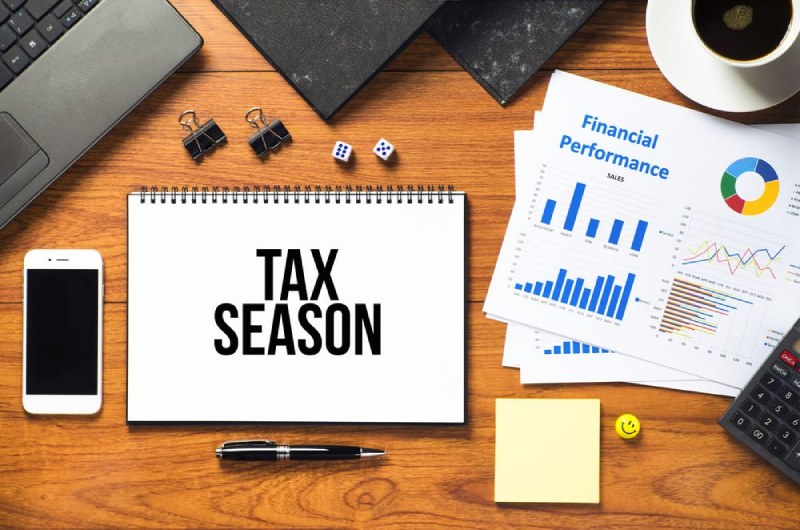Startup
Tips for Navigating US Tax Season: What to Do, Filing Options, Common Mistakes, and Upcoming Child Tax Credit Changes

The official start of the US tax season has prompted taxpayers to start organizing their paperwork ahead of time to reduce stress. April 15, 2023, is the deadline for filing tax returns. Taxpayers can choose between filing on paper, which can take up to six months for the IRS to process, and filing online, which offers a quicker process.
Free Tax Assistance and Preparation
For those making $79,000 or less, the IRS offers free guided tax preparation services. To answer any queries or concerns, there is also an interactive tax assistant tool available. For more personalized help, tax preparers and certified public accountants can be hired. Furthermore, the IRS provides free tax assistance to qualified individuals through programs like TCE (Tax Counseling for the Elderly) and VITA (Volunteer Income Tax Assistance).
Avoiding Identical Theft and Common Mistakes
To guard against identity theft, taxpayers are advised to set up an IRS identity protection PIN. Incorrect Social Security information and missing tax documentation are common errors to be aware of when filing taxes. These mistakes may cause a delay in the processing of returns and even lead to an audit.
Possible Improvements to the Child Tax Credit
A bill to expand the child tax credit is presently being considered by Congress, which could have a significant positive impact on millions of children from low-income families. Both supporters and opponents of the proposed changes have voiced their concerns, with some legislators voicing worries about the expansion’s financial implications and potential to deter parents from working. If the bill is approved, though, it could help pull half a million kids out of poverty.
Audit and Penalties
The IRS may audit tax returns if there are errors, but they usually work with taxpayers to find solutions. Although extensions can be requested, late filing and payment are subject to penalties. It is advised that taxpayers guard against tax scams and preserve their tax records for up to seven years.
-

 Business3 weeks ago
Business3 weeks agoPrakash and Kamal Hinduja: Driving Social and Environmental Change
-
Education4 weeks ago
Fred DuVal: University Leadership as a Critical Resource for Climate Change Research and Life-Saving Solutions
-

 Health3 weeks ago
Health3 weeks agoThe Hinduja Brothers Commitment to Global Health: Empowering Communities Across Borders
-

 Cryptocurrency3 weeks ago
Cryptocurrency3 weeks agoDesigned For The Masses: How Akasha (AK1111) Is Unlocking Crypto For The Next Billion Users
-

 Cryptocurrency4 weeks ago
Cryptocurrency4 weeks agoNexaglobal & Future World Token (FWT): Could This Be the Next Big Crypto Investment of 2025?
-

 Sports4 weeks ago
Sports4 weeks agoWomen’s NCAA Tournament 2025 Sweet 16: Full Schedule, Fixtures, Teams, Bracket, and How to Watch March Madness Basketball Match Live
-

 Startup2 weeks ago
Startup2 weeks agoCost-Saving Strategies Every Small Business Owner Should Know to Boost Efficiency
-

 Startup3 weeks ago
Startup3 weeks agoMatthew Denegre on the Art of Deal Sourcing: Finding the Right Investment Opportunities























